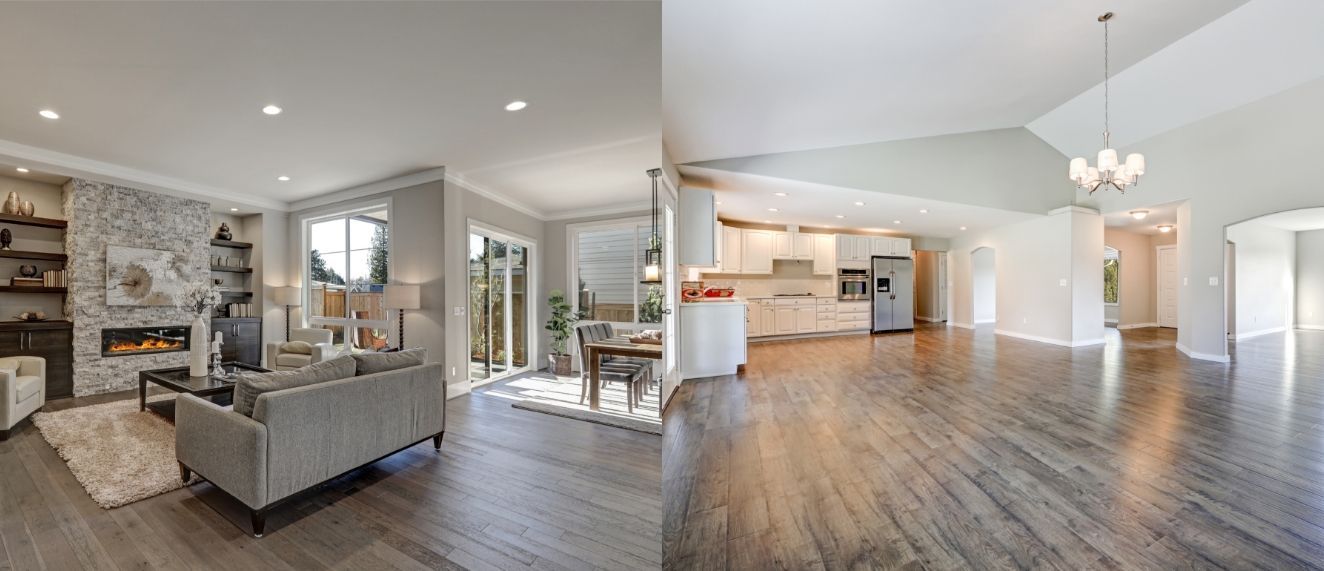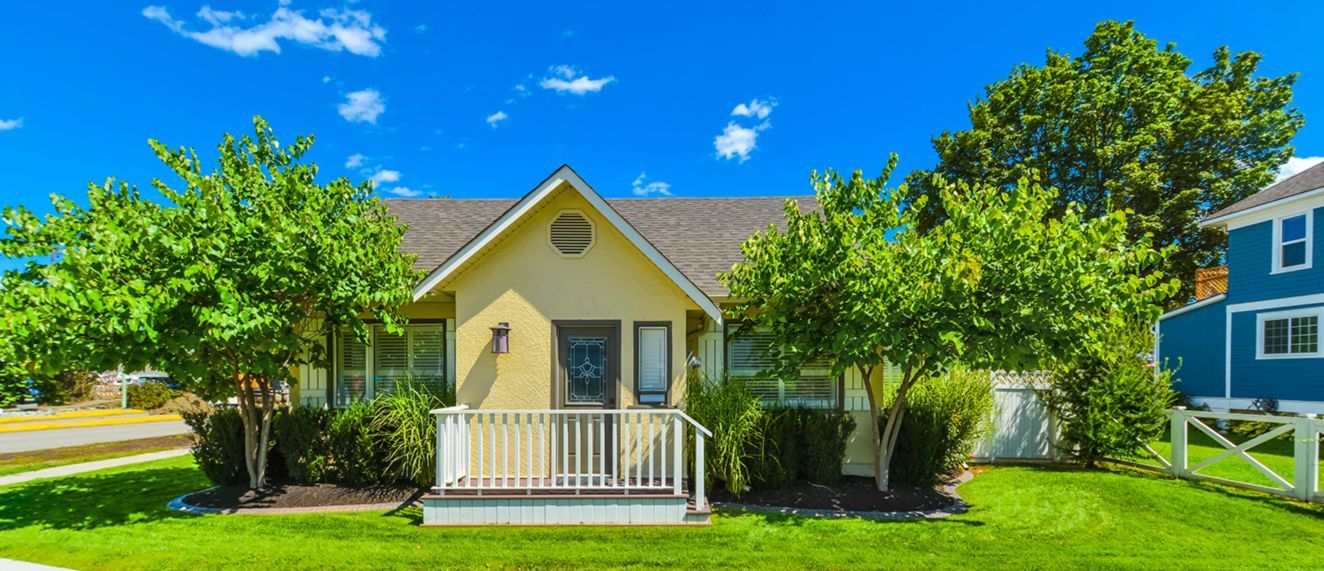July 24, 2023
What’s easier? Selling a home that’s empty or one that’s still occupied? Both options have pros and cons. Some might think selling a home that’s unoccupied would be easier. It’s a blank canvas. Buyers can use their imaginations with the space or you could use home stagers to help make the listing shine. But selling a home that’s occupied can also work. Selling an unoccupied home Alexandru Bejinariu, a REALTOR® and broker in Toronto sees it both ways, but leans more towards selling a staged home that’s unoccupied. “Ideally the property should be [unoccupied] to allow maximum flexibility over showing times and speedy access to immediate showing requests,” he says. “Buyers prefer a property [unoccupied] mostly because of the flexibility of visitation timing. Generally, [these] properties tend to sell sooner due to more showings taking place and flexible closing dates.” According to Bejinariu, professionally staged homes yield the best value for the seller, since buyers can better visualize the space and how to use it optimally. Most people need to see that pop of colour or find inspiration in terms of what piece of furniture can go where in a staged space that’s clean, and decluttered with personal items removed. Staging makes a difference when it comes to an unoccupied property. A staged home is very different than an empty home. Virtual staging is another option says Bejinariu, especially if the seller’s budget does not allow for live staging. Buyers can still imagine how the home will look. It’s a balancing act, say the REALTORS® we spoke to. Selling an occupied home You (or your stager) might want to remove the current interior decorating style in some cases while still wanting the home to appear homey. An occupied home can convey a cozy feeling as long as it’s clean and tidy with no unpleasant smells. “If a home is occupied and the owners [tenants] have the home beautifully furnished and maintained then this scenario is ideal, as long as the owners provide access to the home for showings. Some owners have incredibly busy schedules placing lots of restrictions on access. This can affect the outcome of the sale,” Andrew Hasman, a REALTOR® and salesperson in Vancouver, British Columbia with RE/MAX in Vancouver. Potential buyers need to imagine themselves living in a home. In some cases, that can be tougher to do if the property is occupied. “Occupied can range from wonderful to dreadful, depending on the atmosphere they create in their home,” Bejinariu says. “Empty homes require imagination to allow the buyer to visualize the space.” “My listings oftentimes are either staged or we employ a designer to help work with the space and furniture the owner [tenant] has to increase its function and appeal,” he says. There are some definite advantages in selling an occupied home, however. A home that isn’t being lived in is more open to theft. If there are any emergencies, like a flood, someone likely will be there. If you’re living elsewhere, that means you’re paying double the upkeep costs, like utilities. Safety tip: Avoid using the word “vacant” or “empty” when describing a listing. This could be seen as an invitation for criminals. Always view vacant properties during the day. Look for signs that someone may have broken in or is living in the vacant property before you enter (open or broken windows, graffiti on the walls or trash in the corner, for example). Katherine Minovski, a broker and REALTOR® based in Unionville, Ontario says she thinks it’s better to sell a home while it’s occupied. “Price it right and carve out some hours/days when the sellers know they can get their unit clean, quickly tidy up and vacate for a showing,” she says. “This is less stress on everyone and a full warm home that is decluttered and clean is what I find is the best option for selling.” Minovski adds she has never used virtual staging herself. “I find that if you don’t show the space as it really is, expectations [in the eyes of the potential buyers who viewed the virtual staging] sometimes are quite different when the potential buyers step into the listing physically,” she says. Hasman agrees with this. Virtual staging, while it can help, can also sometimes work against the sale. “The virtual photos can sometimes allow the home to show much better in photos and online but when the buyer enters the home, they are disappointed to see an empty shell,” he says. “I do recommend virtual staging where actual staging is not possible. It’s better than no staging.” In the end, of course, whichever road you end up taking, it’s all about showcasing the property in the best possible light. “An easy-to-access home, occupied or not, with beautiful curb and interior appeal is ideal,” Hasman adds. “This can be an occupied or unoccupied, owner or tenanted home. It’s the ease of access and how the home presents that really affects the sale.” Source: By Is It Better to Sell an Empty Home or One That’s Occupied? - CREA






